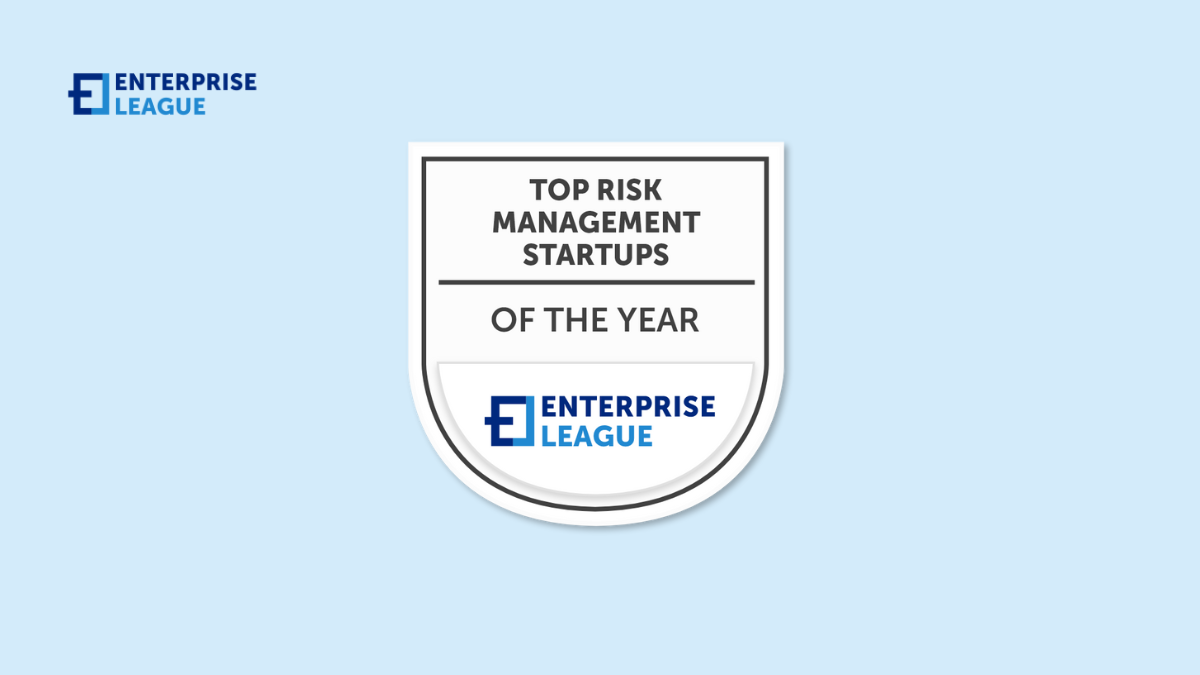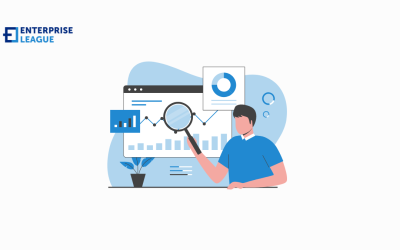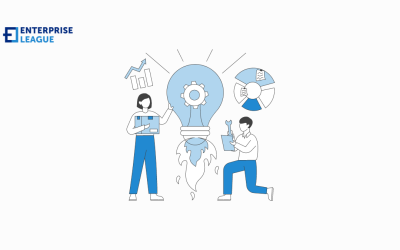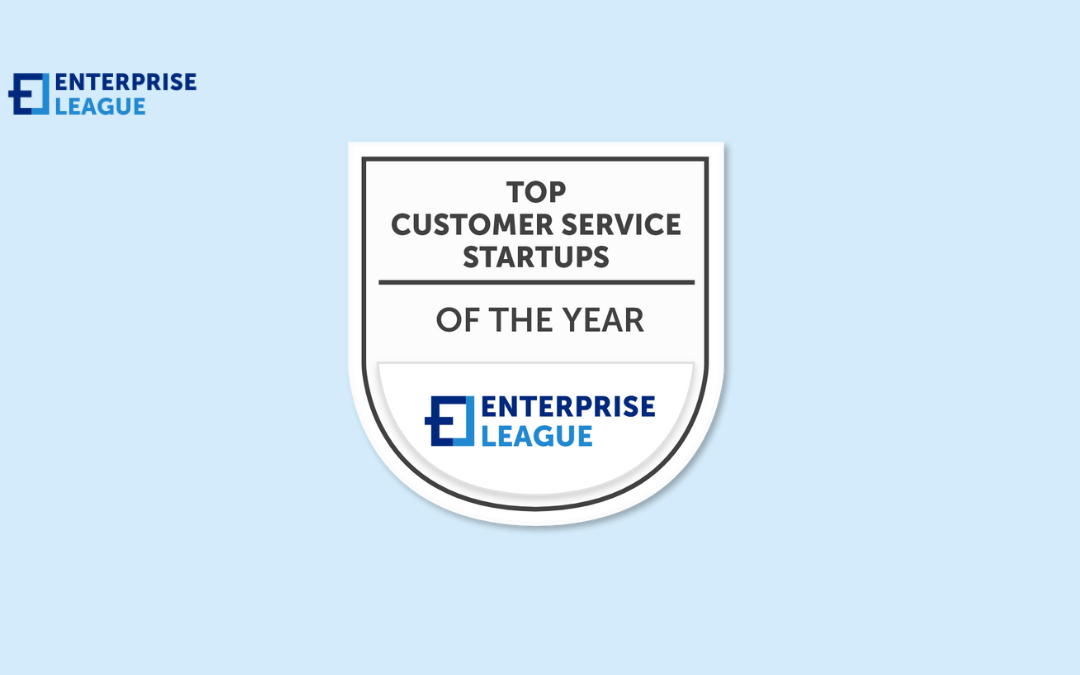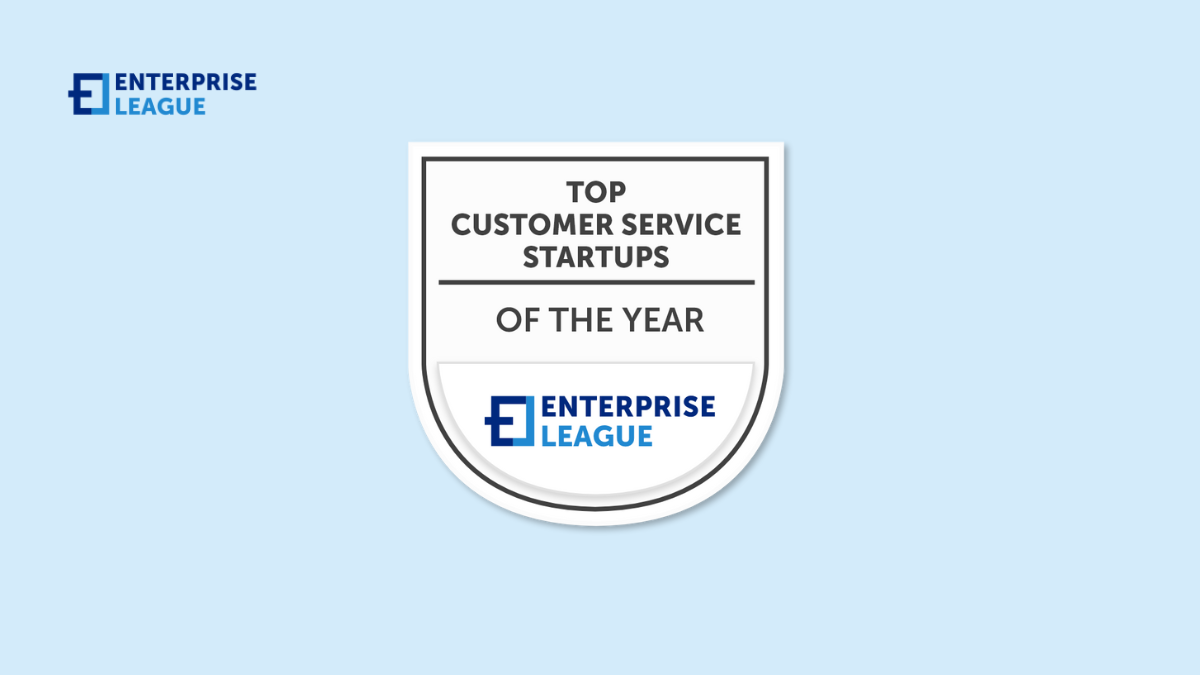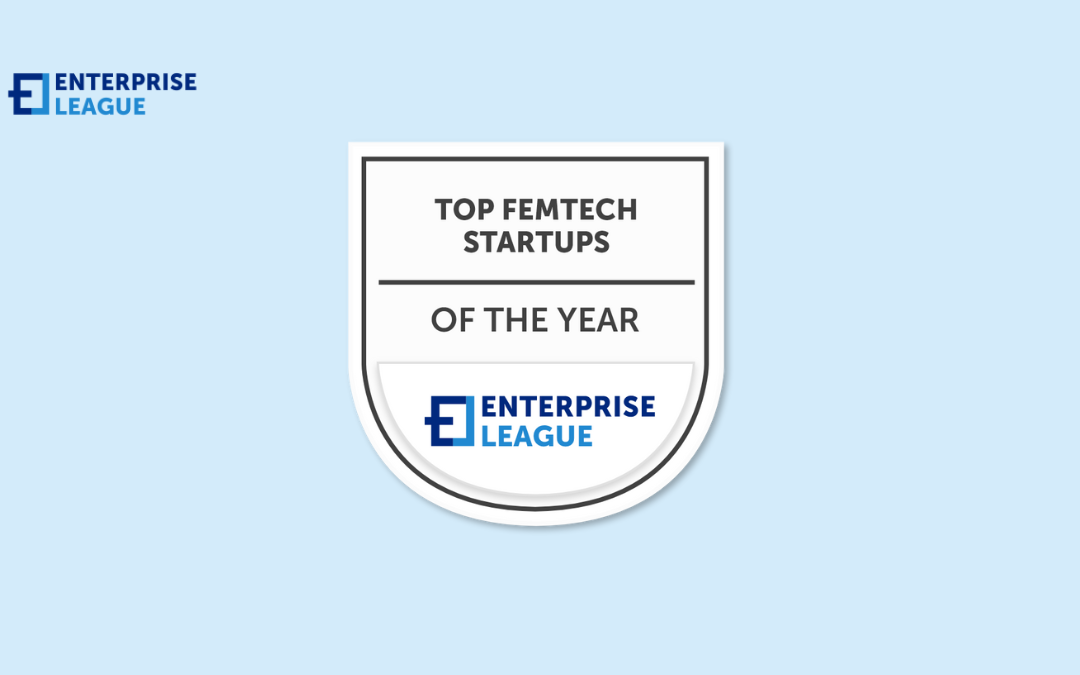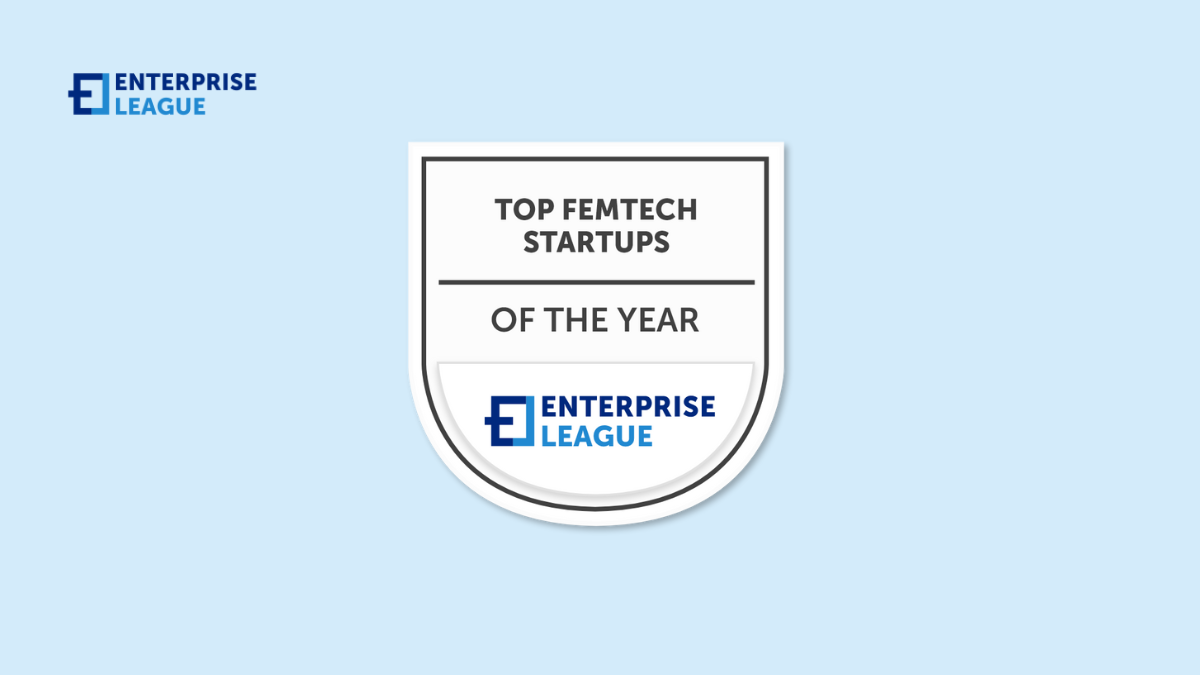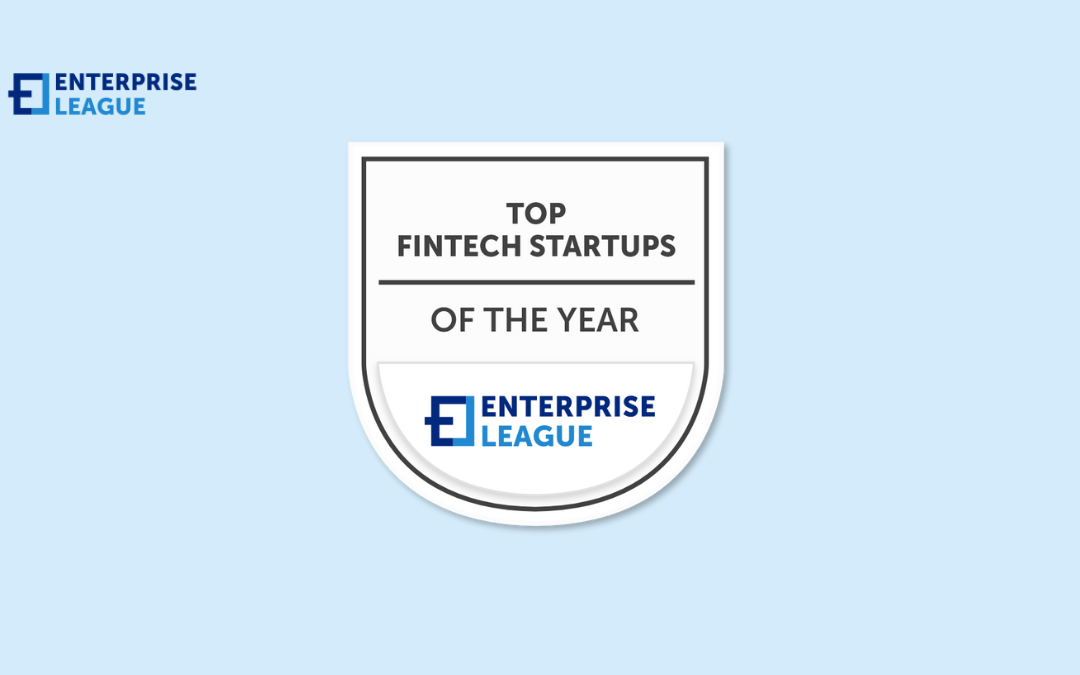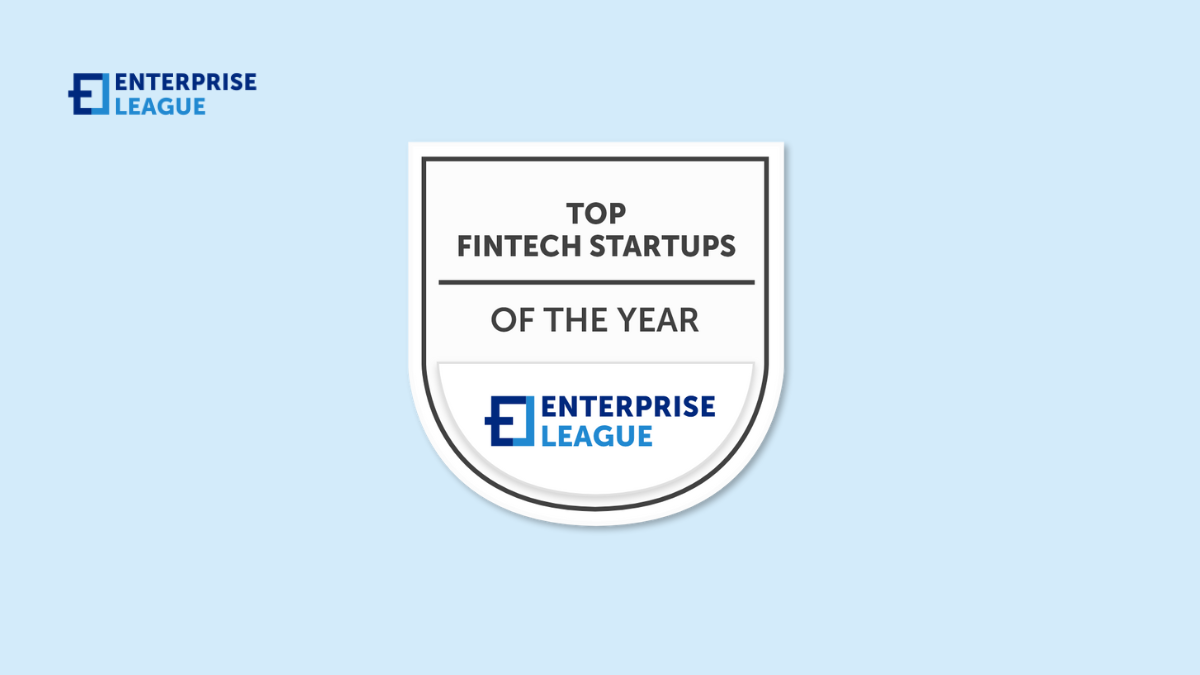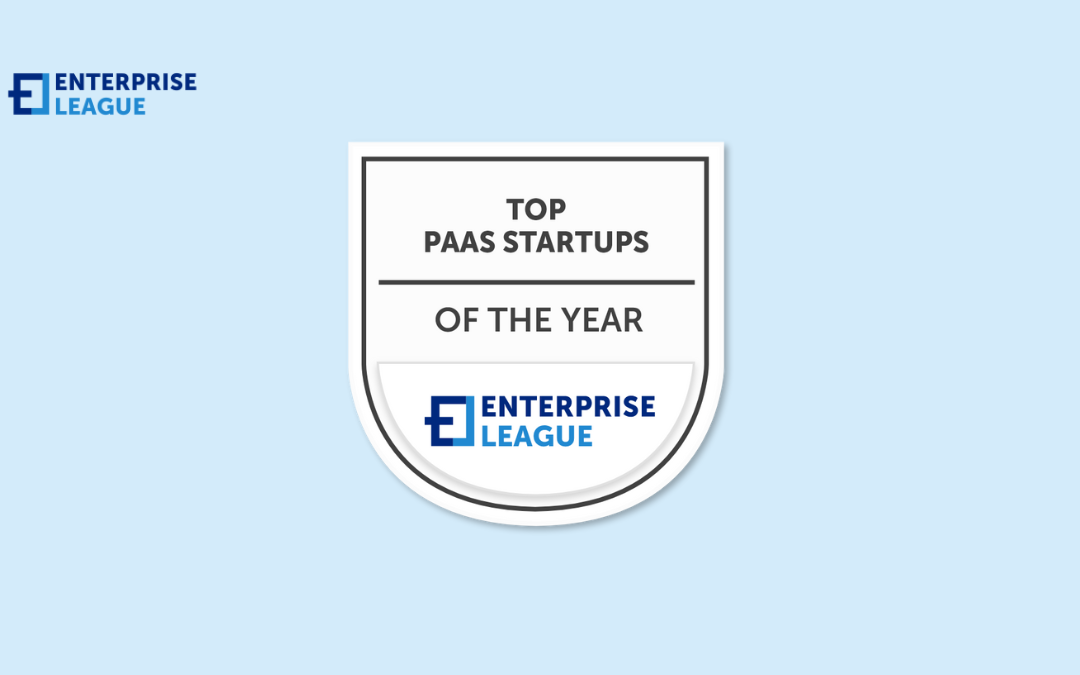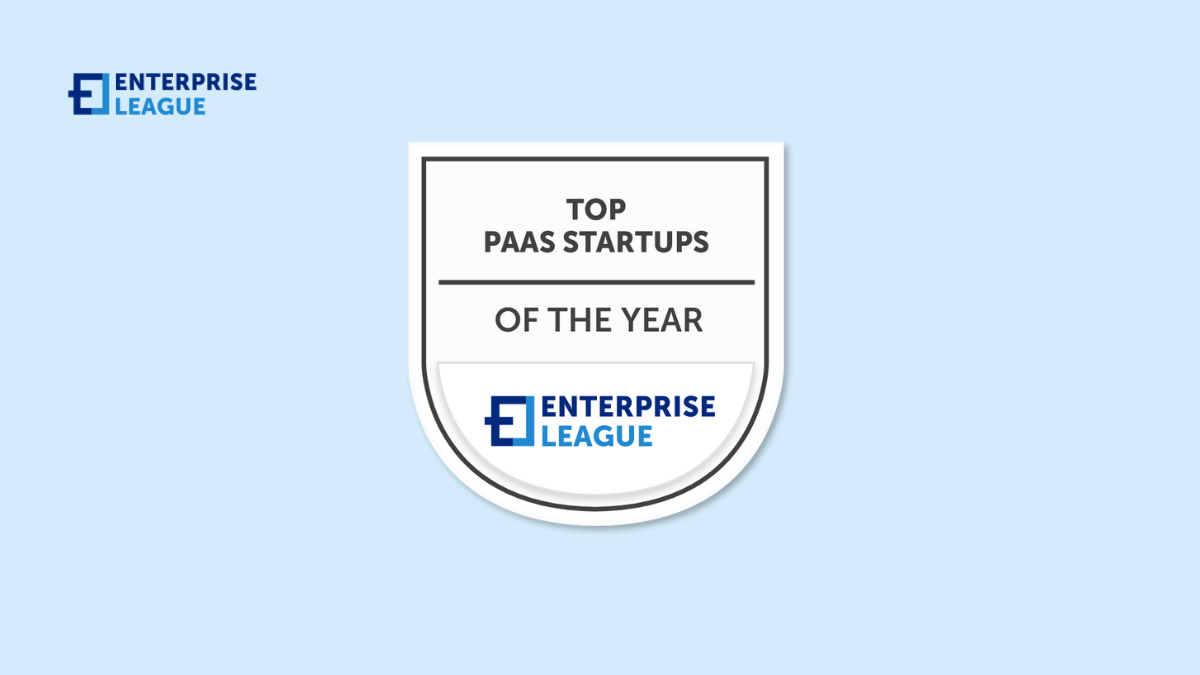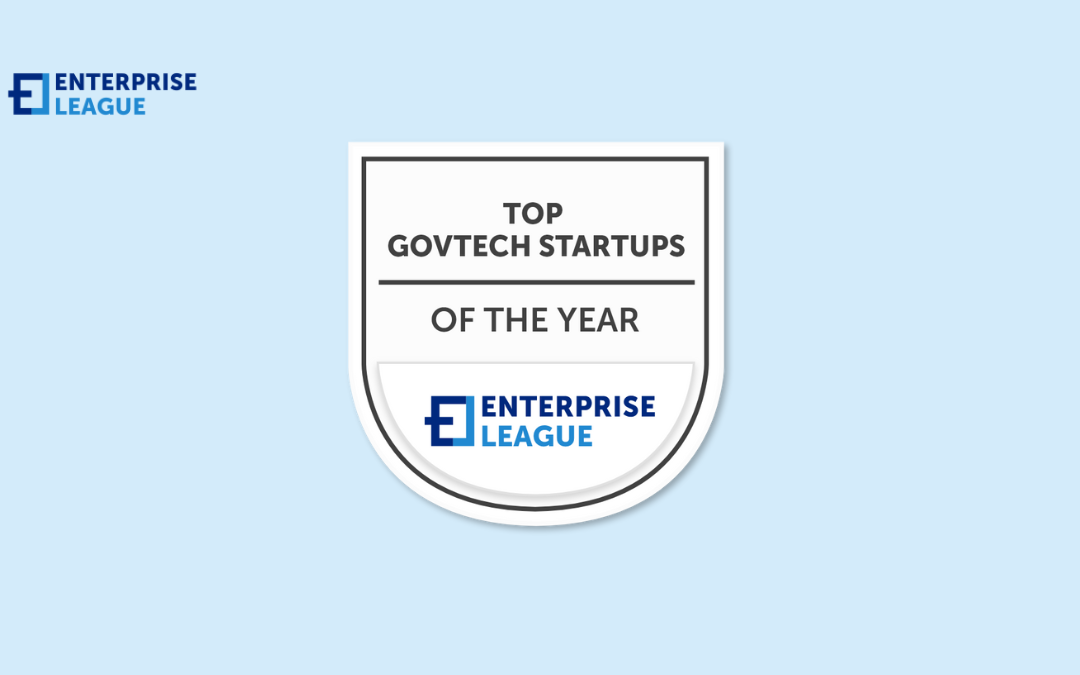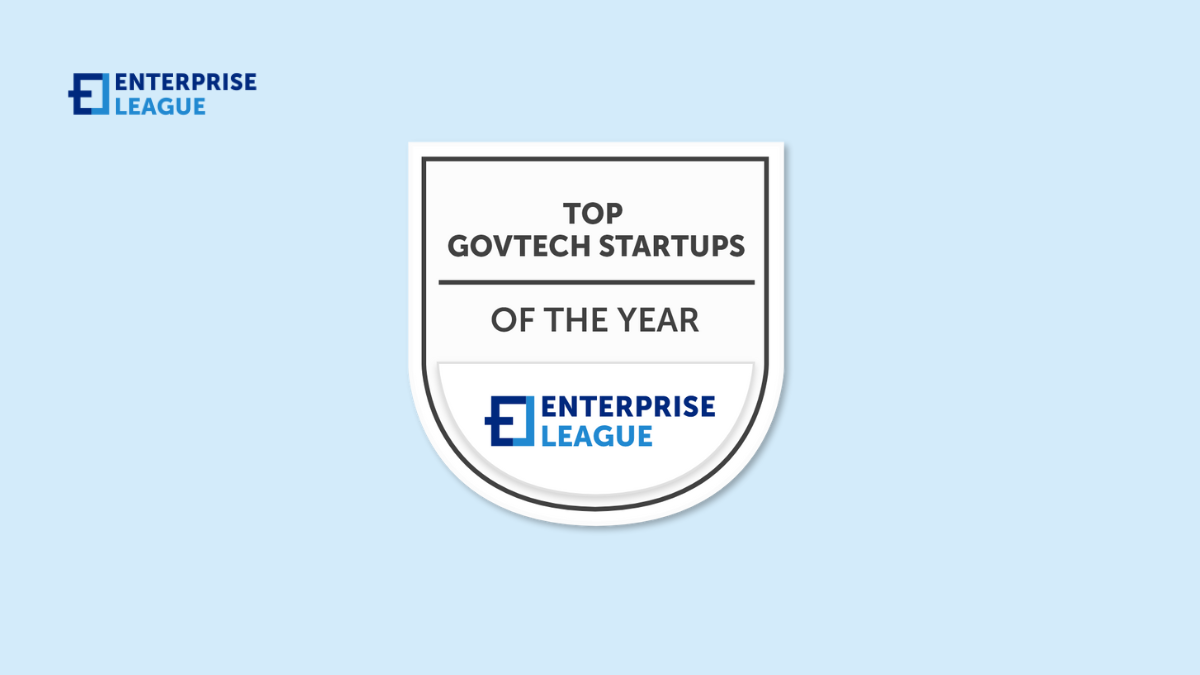Are you craving growth but don’t know where to start? Check these small business growth tips from seasoned experts and reach the next level.
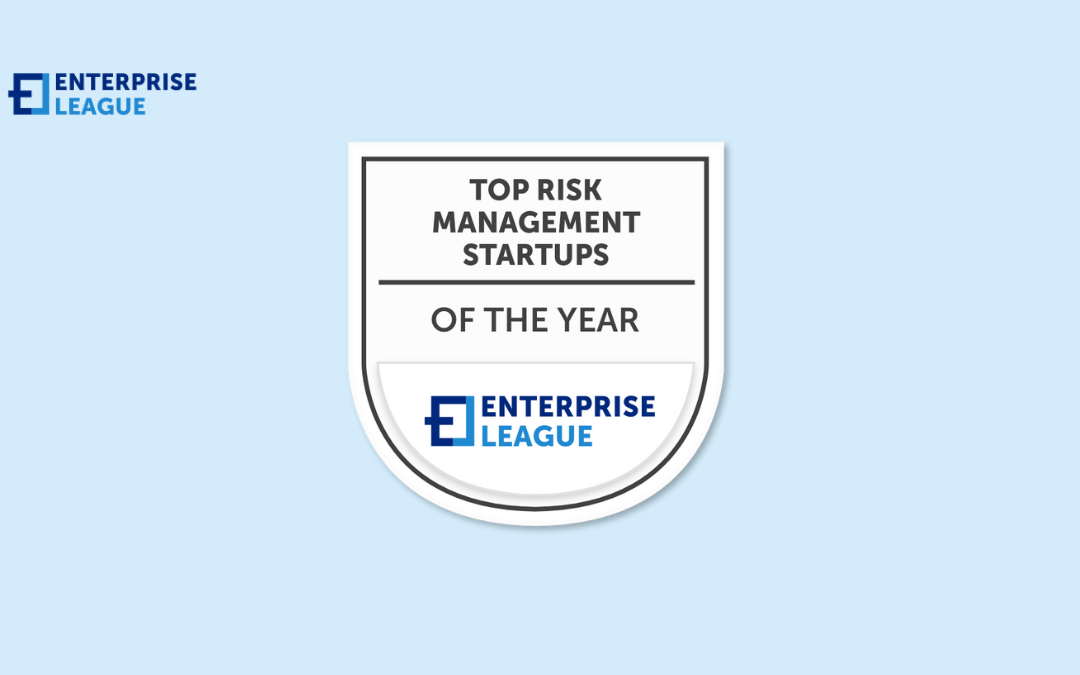
21 innovative risk management startups to watch in 2025
This is fueling demand for a new breed of risk management startups armed with cutting-edge technology, advanced analytics, and proprietary risk models. These agile startups focus squarely on identifying and mitigating threats across operations, supply chains, cybersecurity, sustainability, and more.
Top risk management startups
Complete list of the most innovative risk management startups that are worth knowing:
Cowbell Cyber
Founded in 2019, Cowbell Cyber provides cyber insurance coverage paired with technology that continuously evaluates customers’ risk. Their AI-powered platform called Cowbell Factors gives real-time insight to both the insurer and policyholder.
Cyberattacks and data breaches create massive financial and reputational damage. Cowbell Cyber aims to pioneer the market with an insurance model tailored to rapidly shifting digital threats. Policy pricing adjusts according to the policyholder’s live risk posture. When systems are compromised, Cowbell Cyber’s forensic investigations and response services kick in.
CybelAngel
Founded in 2013, CybelAngel helps organizations identify and mitigate external digital threats. Their platform monitors the web and darknet for emerging risks.
CybelAngel serves customers worldwide across sectors like healthcare and finance. Clients use the intelligence to protect their digital assets and data. The platform aims to provide enterprise-grade cyber visibility.
BitSight
Founded in 2011, BitSight focused on helping organizations quantify and manage cyber risk. Their platform generates security ratings to assess vendor and investment risk.
BitSight serves enterprise customers globally. Clients use the ratings to benchmark security performance and make informed decisions. The platform provides data-driven cyber risk insights. BitSight delivers. Their ratings empower clients to monitor cyber risk and make smart security decisions.
ZeroFOX
Founded in 2013, ZeroFOX focuses on helping organizations address social media risks. Their platform integrates with SIEM and security systems to enable action.
ZeroFOX serves global customers across sectors like finance and retail. Clients use the intelligence to safeguard their brands and data on social platforms. The software aims to provide comprehensive social media risk protection. Judging by the proactive insights, ZeroFOX empowers organizations to tackle emerging social risks.
Cyberint
Founded in 2015, Cyberint helps organizations manage cyber threats proactively. Their platforms integrate intelligence to enable risk-based action.
Cyberint serves global enterprise customers across industries. Clients use the insights to safeguard critical digital assets and infrastructure. The solutions aim to provide advanced threat protection.
DeNexus
Founded in 2020, DeNexus aimed to help organizations measure and mitigate cyber risks. Their platform uses AI to identify assets, threats, and vulnerabilities.Customers leverage the data-driven insights to understand risk levels and make strategic security enhancements. The platform aims to deliver continuous visibility into cyber risk.
The platform empowers clients to uncover unknown threats and precisely gauge cyber risk. Judging by the AI approach, DeNexus enables data-driven monitoring, analysis and mitigation of cyber risk.
SPIN Analytics
Founded in 2012, SPIN Analytics aims to modernize credit risk management by leveraging cutting-edge technology. RiskRobot ingests data from multiple sources and uses machine learning algorithms to build predictive models that identify risky creditors or transactions. The software provides visualizations and analytics to help banks, lenders and businesses better understand risk patterns and strategies.
Unlike traditional credit risk software, RiskRobot can process both structured and unstructured data. This allows for more robust insights by incorporating external data like news, social media feeds, and macroeconomic trends. The software also continuously monitors models to detect potential biases or performance erosion over time.
Regtify
Founded in 2015, Regtify provides an intelligent platform to help financial institutions stay compliant amid constantly evolving regulations. The software ingests regulatory text and legal documents and uses natural language processing to identify changes that could impact a business.
Regtify goes beyond just tracking rule changes – it also monitors how new regulations could affect critical performance metrics. By using Regtify, financial services firms can reduce the resources required to manually track regulation changes across jurisdictions.
G-Square
Founded in 2017, G-Square focuses on bringing AI advances to market risk management. Their platform integrates alternative data and model development automation.
G-Square serves banks, asset managers and financial firms globally. Clients use the analytical insights to enhance market risk visibility and response. The software aims to sharpen market risk capabilities.
BigID
Founded in 2016, BigID aims to fill the technology gap around personal data security and privacy. The company’s platform uses machine learning and other AI techniques to automatically discover, catalog and manage sensitive customer data across an organization’s IT systems.
BigID goes beyond just tracking data to also help enforce privacy policies and compliance mandates. The software can mask or delete personal info as needed to align with regulations like GDPR and CCPA. It also generates audit reports to demonstrate compliance to customers and regulators.
Riskified
Founded in 2013, Riskified optimizes eCommerce merchant sales and fraud prevention. Their platform assesses shopper risk in real-time during transactions.
Riskified serves online merchants globally across industries. Clients integrate the solution to increase revenue from legitimate sales while blocking fraud. The platform aims to deliver a frictionless customer experience.
UpGuard
Founded in 2012, UpGuard helps organizations assess and mitigate cyber risk across the extended IT ecosystem. Their platform evaluates vulnerabilities and cyber hygiene.
UpGuard serves global customers across highly regulated industries like finance and healthcare. Their platform enables clients to uncover vendor weaknesses and take action to improve cyber defenses.
Sigma Ratings
Founded in 2017, Sigma Ratings helps financial institutions assess non-credit risks. Their platform analyzes ESG, compliance and other threat factors.
Sigma Ratings serves global banks, investors and governments. Clients leverage the risk intelligence to guide decisions and meet regulatory mandates. The ratings aim to deliver holistic risk profiling.
Haul
Founded in 2018, Haul set out to build an integrated platform for supply chain vehicle and workforce oversight. Their software centralizes compliance, safety and productivity tracking.
Haul serves shippers, carriers and brokers in transportation and logistics. Users benefit from streamlined visibility and control over assets and labor. The platform aims to deliver a unified command center reducing risks and costs.
FRDM
Founded in 2020, FRDM transform how businesses track and mitigate supplier risks. Their software integrates data to uncover ESG, compliance and financial threats.
FRDM serves global enterprises across industries. Customers use the risk insights to enhance supply chain resilience, compliance and values alignment. The platform aims to deliver comprehensive visibility into supplier risks.
Alpha Recon
Founded in 2021, Alpha Recon helps enterprises manage security risks comprehensively. Their software centralizes threat visibility, event tracking and program administration.
Alpha Recon serves global customers across sectors like finance and healthcare. Clients use the integrated platform to gain insights, coordinate response and demonstrate effectiveness. The software aims to optimize security operations end-to-end.
Cabrella
Founded in 2015, Cabrella focused on optimizing shipping and insurance for valuable cargo. Their platform analyzes routes, carriers and inventory data to reduce risks.
Cabrella serves global companies shipping precious goods. Users benefit from tailored coverage, real-time rate analysis and risk reduction. The software aims to deliver integrated shipping and insurance optimization.
Seerist
Founded in 2018, Seerist aimed to deliver real-time geopolitical risk insights to enterprises. Their platform continuously monitors news, data and other signals globally.
Seerist serves multinational corporations across sectors. Clients use the risk intelligence to guide global strategy and operations. The platform aims to provide an early warning system for geo-economic threats.
Solytics Partners
Founded in 2015, Solytics Partners delivers data and analytics solutions tailored for financial services and healthcare. Their offerings include analytics implementations, AI solutions and data products.
Solytics Partners serves global clients across banking, insurance, asset management and clinical domains. Customers leverage the expertise and solutions to extract value from data and accelerate digital initiatives. The services aim to enable data-driven decision making and innovation.
EcoVadis
Founded in 2007, EcoVadis brings sustainability ratings to procurement. Their software evaluates supplier policies, practices and metrics across ESG criteria.
EcoVadis serves global enterprises across sectors. Customers use the ratings and scorecards to monitor supplier sustainability and risks. The platform aims to provide actionable insights for sustainable sourcing.
SAI Global
Founded in 2004, SAI Global delivers standards and assurance solutions. Their offerings help organizations manage risk, achieve compliance and build trust.
SAI Global serves customers worldwide across sectors like manufacturing and retail. Clients rely on their expertise to navigate standards, regulations and ESG frameworks. The services aim to enable effective risk-based decision making.
Conclusion
As emerging threats become inevitable realities, the shortcomings of traditional risk management approaches are being exposed across sectors. Legacy providers simply lack the advanced analytics, real-time visibility, and quantitative modeling needed to help organizations prepare for and navigate today’s complex risks. This is fueling intense demand for a new generation of risk startups offering cutting-edge capabilities tailored to modern volatility.
Discover more creative startups that might interest you:
- Top cloud computing startups that are enabling businesses to scale with flexibility.
- Must-know blockchain startups revolutionizing the industry.
- Innovative developer tools startups you need to know.
- Amazing DTC startups improving your retail experience.
- The best dating startups for relationship seekers.
Related Articles
30 small business growth tips that have been proven effective
15 expert cold emailing tips to help you convert more
Learn about these cold emailing tips that experts shared to help you to convert more. 15 proven tips on how to write cold emails that actually convert.
12 critical B2B marketing KPIs to keep track of
Although often overlooked, measuring these B2B marketing KPIs are crucial to executing a strong marketing strategy. Are you already keeping track of them?
Business development tips for junior professionals
In this article we will discuss more about business development strategies and tips for junior professionals, from networking to using digital tools.
11 family business ideas for starting a family-owned company in 2025
Do you have some brilliant family business ideas, but you don’t know how to incorporate them into a business? This article will show you what you need to know.

